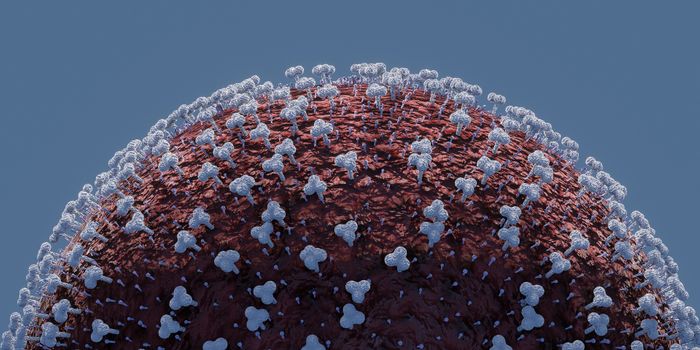Clinical Trial Reveals a Chronic Kidney Disease Treatment
Chronic kidney disease (CKD) has been called an “under-recognized public health crisis,” and is estimated to impact 14% of US adults. CKD patients typically have to undergo regular dialysis treatment to stave off kidney failure, which can be fatal. But researchers have now identified a potential treatment for the condition; this surprising therapy is an existing constipation medication, and it has been shown to prevent kidney function decline in a small trial of CKD patients. The findings have been reported in Science Advances.
"We noticed that constipation is a symptom that often accompanies CKD, and decided to investigate this link further," said corresponding study author Professor Takaaki Abe of Tohoku University. "Essentially, constipation disrupts the intestinal microbiota, which worsens kidney function. Working backwards, we hypothesized that we could improve kidney function by treating constipation."
This study outlined the results of a multicenter, Phase II clinical trial that enrolled 150 CKD patient volunteers at nine health care institutions in Japan.
The patients were treated with either lubiprostone or a placebo. Declines in kidney function were prevented in the individuals who received the medication in a dose-dependent manner. Kidney function was measured by estimating each individual’s glomerular filtration rate.
Further work indicated that the medication was preserving kidney function by increasing the production of a molecule called spermidine. This led to improvements in mitochondrial function, which was due to the growth of beneficial gut microbes. Improvements in mitochondrial function led to more protective effects for the kidney in a kind of positive feedback loop.
Now, the results have to be confirmed. The researchers have planned a larger, Phase III trial and are assessing potential biomarkers of kidney function to reveal more about the efficacy of the treatment.
This work may not only improve the treatment of CKD for patients in general, it could also lead to improved, tailored treatments that are more personalized for each patient. It may open up new therapeutic options for mitochondrial dysfunction disorders as well.
Sources: Tohoku University, Science Advances









